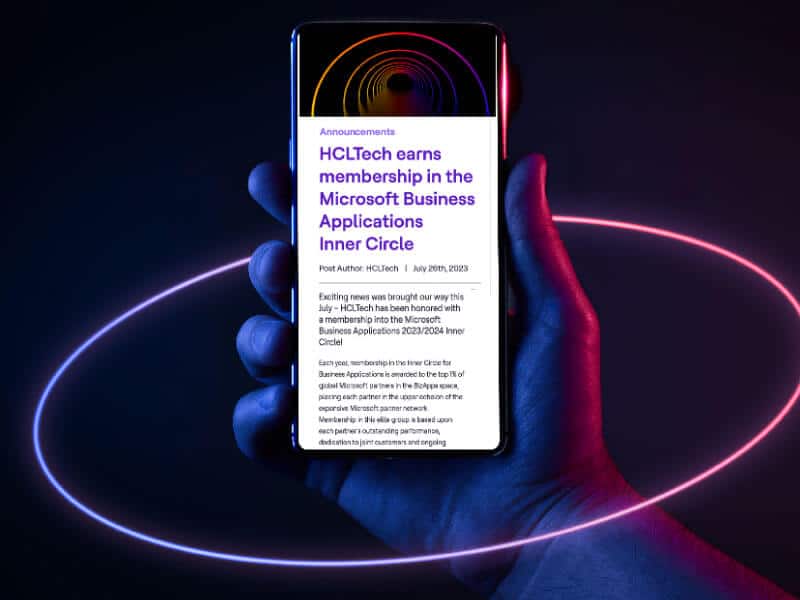What is relationship-based marketing?
At its core, relationship-based marketing is a strategy that helps develop long-term engagement from customers through information that directly suits their needs and communication styles. That might sound simple, but it really leaves out the relationship aspect of things, which as technology advances, is the most important piece.
To truly develop a long-term engagement and connection with customers, marketers must create an emotional connection. Emotions drive relationships. Just as in our personal lives, it's the positive emotions that others make us feel (including brands) that leads to a loving relationship. Fostering positive emotions is often the "holy grail" for marketers, but it is not easily achieved.
It's difficult to achieve partly because relationship marketing is different from transactional marketing, which is a more traditional approach. Marketers and businesses often look at success as driving sales, but relationship marketing is much different in that the goal is long-term customer engagement. That's not to say companies completely ignore the relationship aspect (loyalty programs abound), but it's continuing to become increasingly important.

Why leveraging this strategy is important.
Why now? Well, in the digital age social media and consumer expectations are changing. The first point is that social media is becoming a great source of consumer research around your product and brand. Your customers are researching what their peers are saying about businesses on social media. They are apt to trust recommendations and reviews online just as much as personal recommendations. Having raving fans that are active on social media will help prospective customers have a positive association with your brand. No one knows the importance of raving fans more than Sarah Edlund, Relationship Manager at PowerObjects, "Raving fans are one of the most powerful tools an organization can have. These are the people who support your business and speak to others about their experience. Ultimately it can either allow your business to grow or fall flat. Cultivating raving fans is not only about maintaining strong relationships with your customers but also about growing those relationships into a strong partnership."
Beyond the social media aspect is the fact that consumer expectations are changing. They want a message that is tailored to them, they want it where they spend time, and when they are looking. Talk about a challenge. The days of having one message for your target demographic are over. Target demographics are a little too broad, or at the very least they don't leverage all the data available about your customers. Not only do you need more targeted messaging, you need to be where your customers are, such as the social channels they spend time on and the blogs and information sources they visit. Of course, it's not enough to simply have targeted messaging where your customers are looking. Though that is a great start, we are talking about a full relationship here. This requires the targeted information at the right time. Jump the gun too soon (pushing a sale), and you could create a poor experience.
Businesses are starting to catch on to this and learning how to execute these strategies. If you're not there, your competitor will be. Not only will you potentially lose a sale, relationship marketing really ensures a cyclical pattern: Engage at the right time with the right message → Nurture and communicate → Win a sale → Customer becomes a raving fan → Loyalty → Customer recommends you → New business opportunity! Plus, who doesn't like having more relationships in their life?
Integration is the key.
To really execute on this strategy, it's important to create integration in your business. There are a few main pillars to be aware of when building out a relationship-based marketing strategy. The first is lead generation and customer data management—marketing automation tools and CRM integration are important here. Next is customer experience management and leveraging the customer data for a cohesive experience across multiple channels. The last is the tailored and targeting information. Customer data, a positive experience through tailored information and in multiple channels.
Learn more about specific relationship marketing strategies and tools available to help you in your quest to create the positive emotional connections with your customers that lead to relationship marketing success.
Happy CRM'ing!
 How Microsoft Power Platform is helping to modernize and enable...
How Microsoft Power Platform is helping to modernize and enable... Deliver an Extraordinary Omnichannel Experience
Deliver an Extraordinary Omnichannel Experience Data Interoperability Key to Improving the Patient Experience
Data Interoperability Key to Improving the Patient Experience





